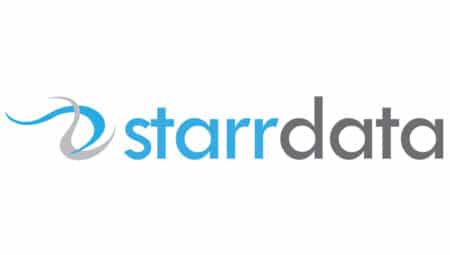As Salesforce sales users, you are (or should be) using the Opportunity object to track your sales cycles but as a successful sales manager using Salesforce, do you know what is driving those sales cycles? Do I know what your win to loss ratio is? Do I know why you win one some opportunities and and loose others? And do you understand the actions that are taking place among your sales team and how this contributes to closing or losing a sale?
Sales cycles differ for each company, but there are some basic Salesforce sales management best practices that apply to all companies who wish to be successful using Salesforce. In this blog post we will be covering some of the most important questions to ask yourself that can help your company’s sales department succeed with Salesforce.
How qualified are the leads that your sales reps are pursuing? Regardless if you are a small company where sales and marketing are combined, or a large company with separate departments, the quality of the leads your sales reps are working directly affects their probability of closing the sale. A little time spent pre-qualifying Salesforce leads can save considerable time later in the sales cycle.
How long is your sales cycle? This sounds like a simple question, but many companies using Salesforce do not know. Depending on your products and processes, sales cycles can be as short as a week or as long as a year.
At a glance in Salesforce can you see the average time your opportunities are spending in their various stages? How about the overall average age? As a rule, the older an opportunity is, the less of a chance it has to close.
How often are your Salesforce opportunities touched? How often should they be touched?
How often do activities get associated to them? Do they always have open activities associated for follow-up and follow through?
Do you have an easy way to tell if you have staled opportunities and if so, who knows about them? Active opportunities have a much better chance of closing than stale ones. Proper activity management means increased sales. Salesforce auto escalation and auto-assignment rules can automate these processes for you.
Are there similar opportunities that have been won that your sales reps can review for tips to help them close theirs? If so, how do they find them?
If you have more than one sales rep, you have a built in repository of experience. Are you utilizing this to your best advantage? Can a rep ask the team for advice or background information easily? Do they even know who to ask?
How competitive is your sales team? Are there Salesforce opportunities open where each rep can see what the other is doing or is your operation locked down so the reps only see their own deals?
Friendly competition and peer pressure can increase sales revenue when implemented properly, and you do not even have to expose all data…just enough to see how each person is doing against the team as a whole.
When Salesforce is set up properly, utilizing Salesforce Sales Management Best Practices, it has the ability to address all of the above and more to increase revenue, help your sales reps be more productive, and make your job as a Sales Manager easier.
Questions about this post? Contact us at 888-391-4493 x101
[button type=”success” size=”lg” link=”https://bit.ly/1q5IDwz”]Want more Salesforce tips? Download our list of Salesforce Best Practices![/button]

